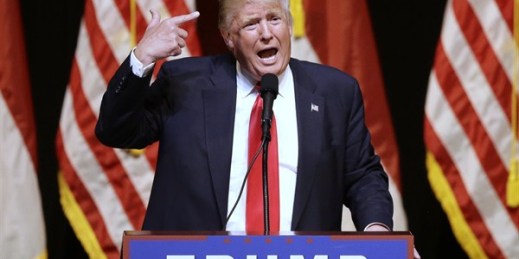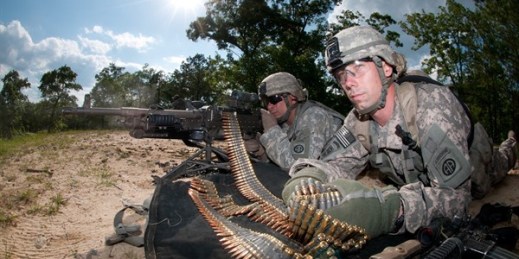
If one had to choose the biggest loser in the 2016 U.S. presidential campaign, globalized free trade would be as good a place as any to start. Among Republican and Democratic candidates, free trade deals have become the red-headed stepchildren of the 2016 campaign. For the presidential bids of presumptive Republican nominee Donald Trump and Democratic candidate Bernie Sanders, they are the biggest proverbial punching bags. Even Hillary Clinton, a long-time free trader and the presumptive Democratic nominee, has been forced to back away from her support for the Trans-Pacific Partnership (TPP) deal. But much of the criticism of liberalized […]


